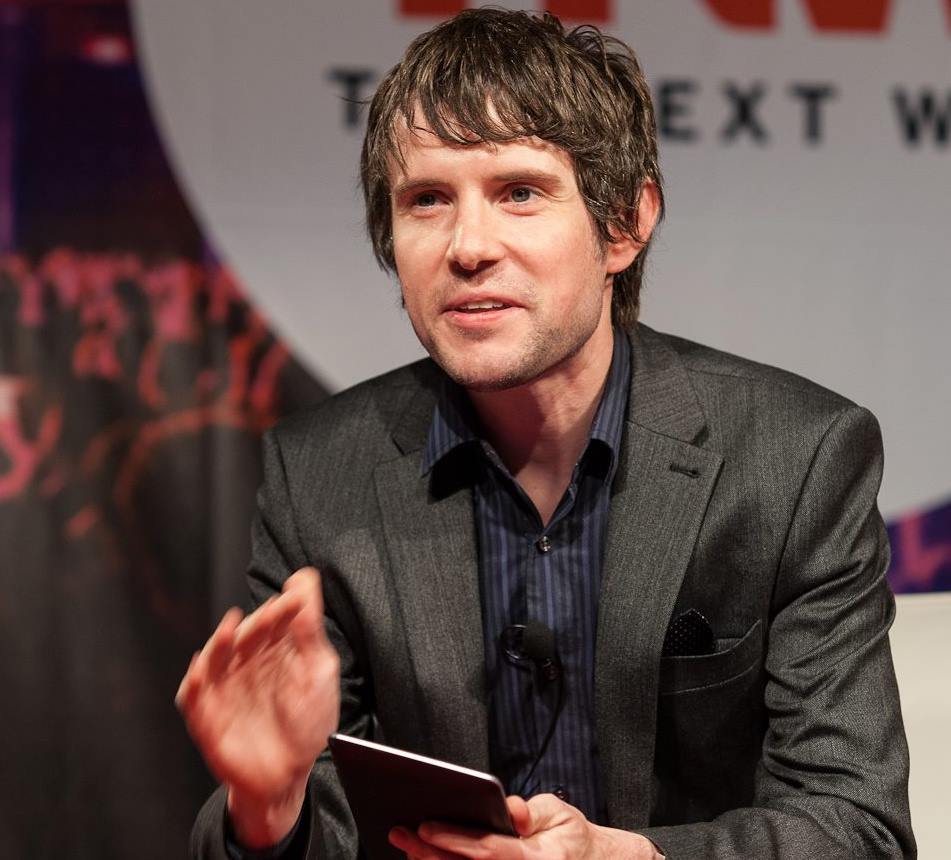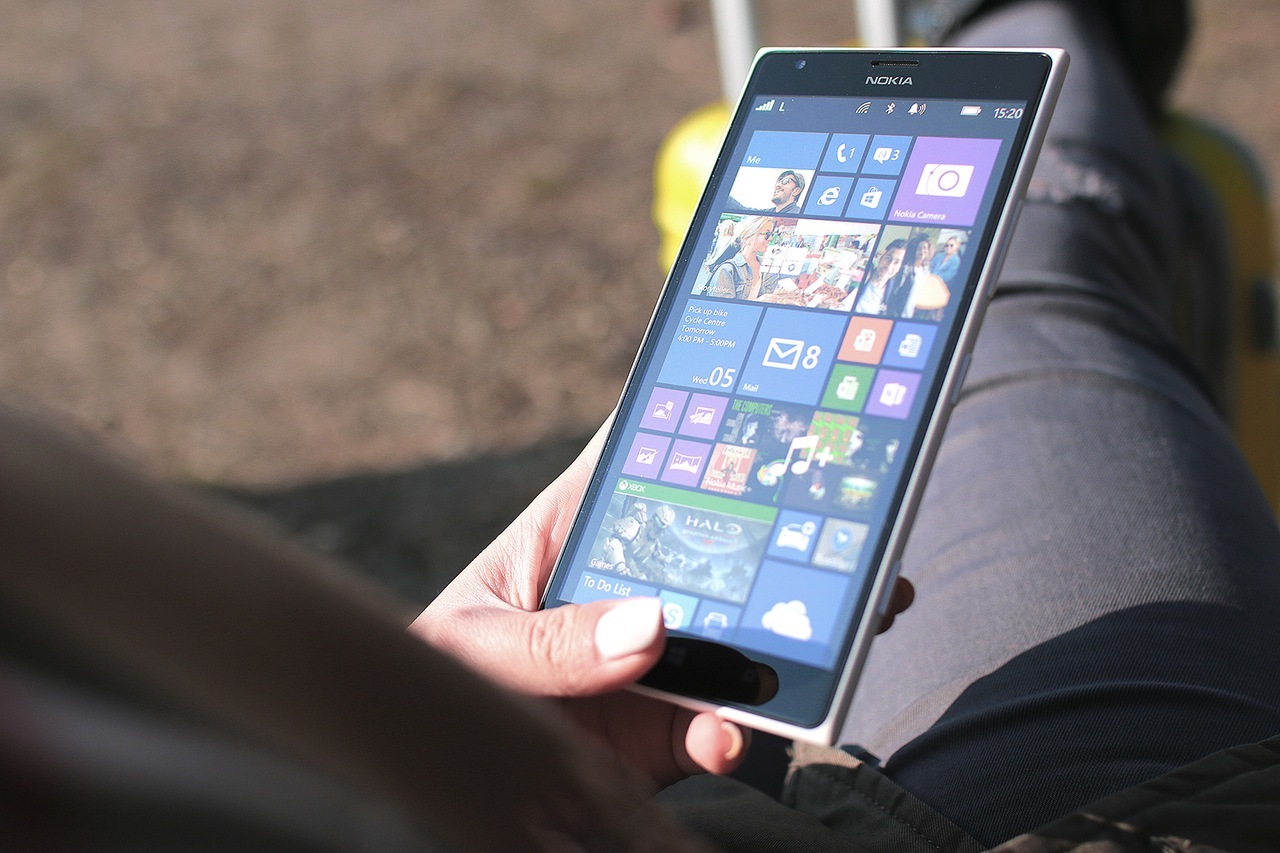Martin Bryant has to be described as a polymath, combining the weighty role of editor-at-large for The Next Web with being a prolific music producer. Impakter interviewed Bryant to find out more about what it’s like to juggle running a major news outlet with an interest in music and technology; what tech is doing for today’s world; why music matters, and what he’s listening to at the moment.
Could you shed a little light on the different sides of your musical life? Does your professional experience influence your output as a producer and is composition an outlet for you from the day-to-day?
Martin Bryant: As someone whose day job isn’t music production, I’m much more a listener than a producer. I spend a lot of time while listening to music getting inspired by production techniques and wondering how I could work them into my own recordings.
As my work life is generally very busy, the actual time I have to work on songs is limited. It can be frustrating when I have a song idea and I know I won’t have any time to work on it for weeks. Those ideas often come to me when I’m walking around outside, and I tend to have to record them into a sound recorder app on my phone before I forget them. This usually involves whispering the lyrics and instrumentation, so I don’t look totally crazy to passersby.
When I sit down to work on music, this is really useful as I generally come up with better ideas away from my equipment than when I sit in front of it.
Are there any tools (hardware, software, etc.,) that you would like to be invented to use in your music?
M.B.: In the past, I’d have said ‘automated mastering.’ The process of making music as loud and punchy as commercial releases relies on a special skillset, and while you can learn it, best results have often been received from spending time with an (often expensive) mastering engineer. Now Landr has automated mastering, turning it into a ‘one click’ process, with encouraging results, so I look forward to seeing how that technology develops. A human engineer will provide more individual and creative results, but when you just want your song to sound loud enough to play alongside commercial releases, having an easy solution is fantastic.
The only other thing I’d like to be invented is a button I can press to take an idea out of my head and turn it into a finished song – that would save so much time. (laughs)
Composing music can be time-consuming and demanding. What is it that drives you to make music when there are so many other demands on your time? How do you maintain a balance between your career and adult life?
M.B.: Really, it’s just to get songs out of my head. They’ll play in a loop in my brain for weeks or months until I record them, coming back to me often every day like an itch that demands to be scratched. ‘Don’t You Believe Me’ is a good example, that song was playing in my head for months before I finally sat down and recorded it.
Music is the soul of humanity.
What do you think are the most exciting developments in music tech at the moment? Thinking of, say, VR technology, smart fabrics (along the
lines of Imogen Heap’s mi:mu gloves), or the incredible music apps constantly being released.
M.B.: The quality of some of the music creation apps for the iPad these days is incredible. Patterning is a great new drum machine app, while Korg Gadget just keeps getting better as an entire music-production environment. Some of the synths you can get on the iPad are brilliant too. As a kid I used to dream of owning a Korg M1 synth. Now the iM1 (which is an official M1 emulation for iOS) is available for pocket money and sounds beautiful.
Related articles: “CLANG MUSIC: A REVOLUTION IS COMING”
“PEACEFIRE: AN INTERVIEW WITH ALOE BLACC”
How do you incorporate tech into your music? Is it part of the creative process itself, do you use it to perform?
M.B.: As I make electronic music, technology is a key part of the process. At the moment I use Elektron’s Analog Keys synth and Analog Rytm drum machine along with its Overbridge software to make them work seamlessly with Ableton Live on my MacBook Pro. Software dominated music production for the start of this decade, but hardware is just so much more inspiring and efficient to work with. Overbridge allows me to combine the immediacy of hardware with the flexibility of software.
Thinking of how the line between producers, DJs, electronic artists and just about anyone with a laptop is constantly blurring, where is the boundary between the acts of performing and composing in your music?
M.B.: I’ve more or less given up on performing. I used to do quite a lot of live shows but now I don’t have enough time to compose as much as I’d like, so performing it is even less likely to happen! I’d like to do it again one day but context and timing would need to be right.
What has been the impact of tech and music coming together, democratising music production, distribution and consumption? Has it changed the world? Has it made it a better place?
M.B.: I wish things had been like this when I was a teenager. Back then, me and a friend pooled money to buy a second-hand drum machine and a multi-track tape recorder. Learning to record was so fiddly, and our equipment so basic, that we never got the results we wanted.
Now it’s so much easier to create great-sounding music. The equipment is cheap and learning to use it is easier than ever, with an almost limitless supply of YouTube videos and online written tutorials. Anyone who thinks that’s a bad thing is just a snob. That said, there’s still a lot of work to be done to make it easier to discover of the best new music.
The arts and tech are sometimes accused of being frivolous or abstracted from the real major issues the world faces – do you think they can achieve concrete change?
M.B.: Oh, of course. You just need to look at something like the (admittedly 31-year-old) example of Band Aid for how a piece of music can focus a whole nation on a problem. Nowadays, Google and Facebook offer genuinely useful tools during disasters, Twitter spreads our awareness of issues faster than ever (even if they can be distorted through its lens) and livestreaming video apps can be a window on the world’s problems. Technology is affecting the global agenda in ways we don’t even notice because they became normal so quickly.
What does it take for a creative project or individual to succeed? In the overcrowded, hyper-connected world of the Internet, what makes an enterprise stand out from the noise and become a success?
I firmly believe that luck is the biggest deciding factor. You can help tune your luck through expert timing and other factors, but every project is a roll of the dice.
What do you feel is the point of music? What can it say (if anything), and why does it matter so much to humanity?
M.B.: Music is the soul of humanity – it taps right into our most primal feelings and instincts while reflecting life right now in a way that’s more direct and accessible than any other art form.
It’s always good to find out what professionals are listening to at the moment. Are there any contemporary composers or emerging artists you’re excited by? Are there any tracks you’re currently listening to on repeat?
M.B.: My favourite album right now is John Grant’s ‘Grey Tickles, Black Pressure’. I love albums that are both sonically and lyrically adventurous, and this delivers that in spades.
_ _
Featured Image: Martin Bryant Photo Credit: Tech n’ Marketing










